President Donald Trump aired some personal financial frustrations this week — and they’re directly tied to his latest push to crack down on so-called “de-banking.”
In a wide-ranging interview on CNBC, Trump claimed that two of the biggest players in American banking — JPMorgan Chase and Bank of America — shut him out after his first term. According to Trump, the banks refused to accept over $1 billion in deposits from the Trump Organization, forcing him to scatter the money across a patchwork of smaller banks.
“The banks discriminated against me very badly,” Trump told CNBC. “I was loaded up with cash and they told me, ‘Sorry, you’ve got 20 days to get out.’ I said, ‘You’ve got to be kidding — I’ve been with you 40 years.'”
Trump said he personally called JPMorgan CEO Jamie Dimon and Bank of America’s Brian Moynihan in an effort to keep the relationships going — to no avail. He didn’t say exactly when this happened, and neither bank confirmed his version of events. JPMorgan declined to comment on specific clients but emphasized it doesn’t close accounts for political reasons. BofA gave no response.
After the big banks said no, Trump said he resorted to depositing $10 million at a time into smaller banks “all over the place,” calling them lifesavers.
Trump’s comments come as his administration prepares to roll out an executive order targeting “de-banking” — the practice where banks close or deny accounts, allegedly based on political views. Right-leaning figures, religious groups, and crypto firms have all raised alarm bells about being shut out by major banks.
Banks, for their part, say it’s not political — it’s regulatory. Federal laws like the Bank Secrecy Act and pressure from regulators have forced them to more closely vet certain clients and industries, including payday lenders, firearms, and crypto.
Still, Trump insists the system is broken. And now, his personal experience appears to be fueling a broader political crackdown. According to The Wall Street Journal, the upcoming executive order would instruct regulators to investigate whether banks discriminated unlawfully when cutting off customers.
This puts Wall Street in an awkward spot: Trump’s administration has been working to peel back Biden-era financial regulations — something banks love. But now, they’re at the center of one of Trump’s core campaign talking points.
Trade groups have tried to thread the needle, blaming “regulatory overreach” for the issue while also pushing back on claims that banks are politically biased.
The Bank Policy Institute, a lobby group for large banks, said in a statement it hopes any new order “reinforces progress” and encourages regulators to fix a flawed system.
The president isn’t the only Trump family member who claims to have been de-banked. Melania Trump wrote in her memoir that her bank closed her account after the Jan. 6 Capitol attack and even declined to open one for their son Barron.
And conservative figures have long complained that financial institutions have targeted them unfairly — though banks deny this, citing compliance burdens and extra scrutiny tied to politically exposed individuals (PEPs).
As Trump ramps up pressure on the banking system, he’s also building a political narrative: that banks are punishing conservatives, and that he’s the one to fix it.
“I was very good to the banks,” Trump said. “And they treated me terribly.”
Whether this crackdown will score political points or lead to real financial reform remains to be seen — but one thing’s for sure: Trump is making “de-banking” very personal.
The New York Times, CNBC, and the Financial Times contributed to this report.
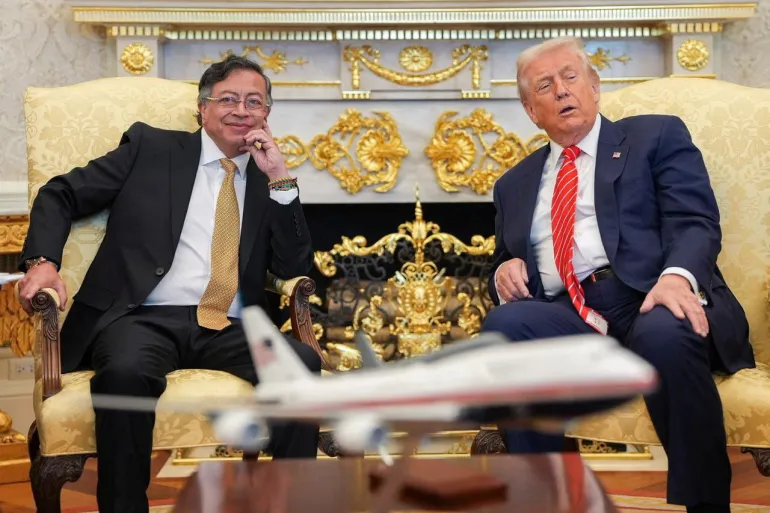

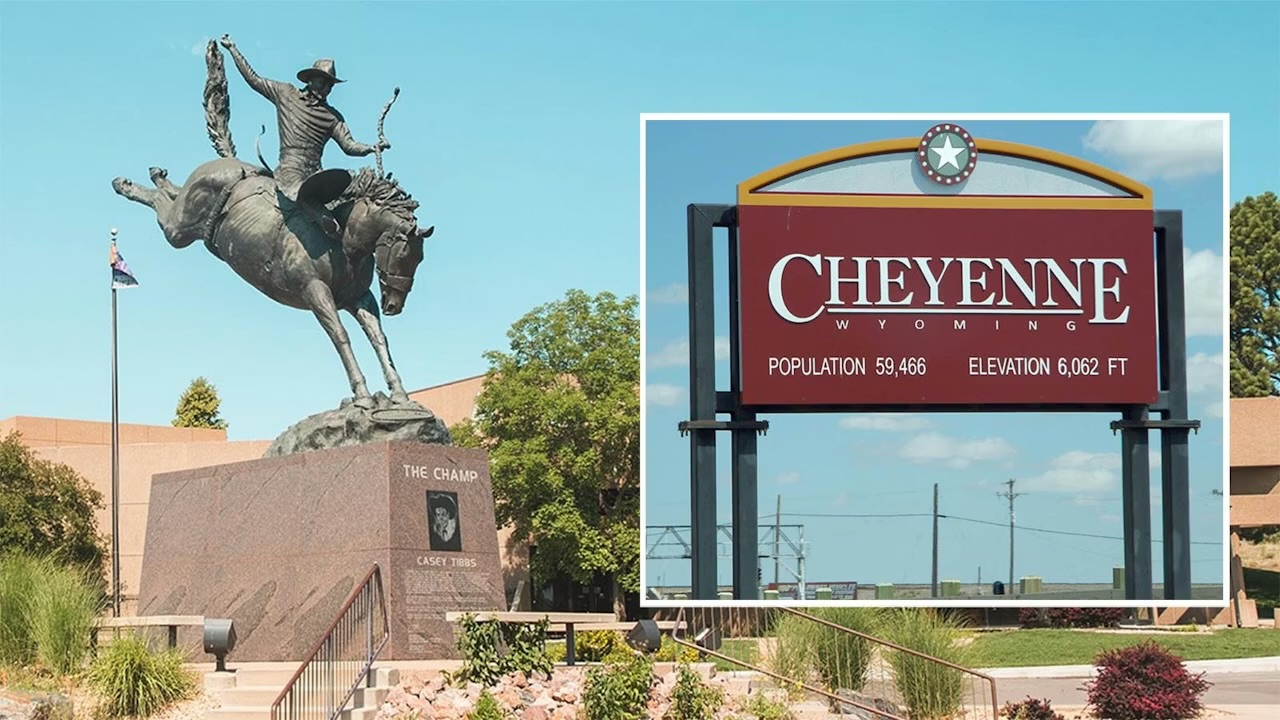
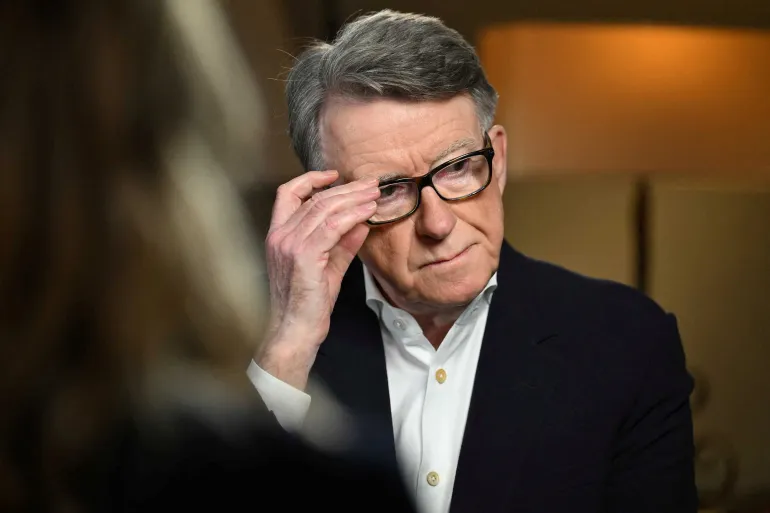
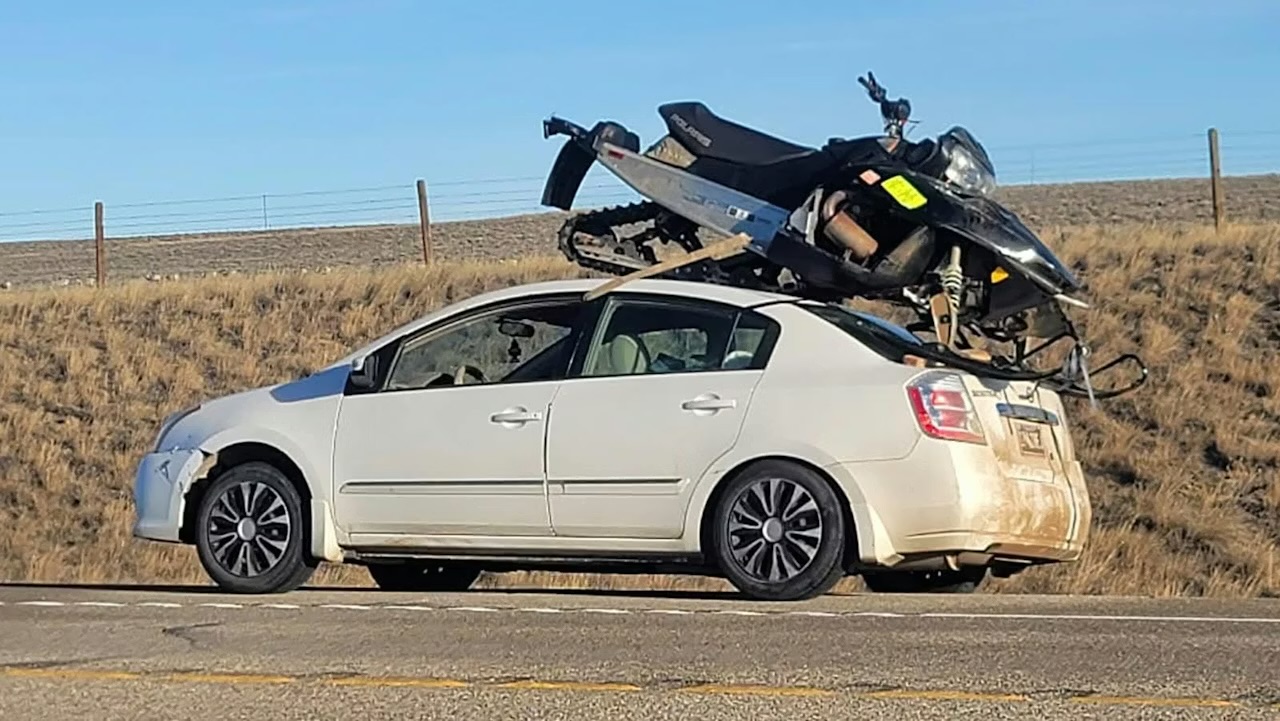
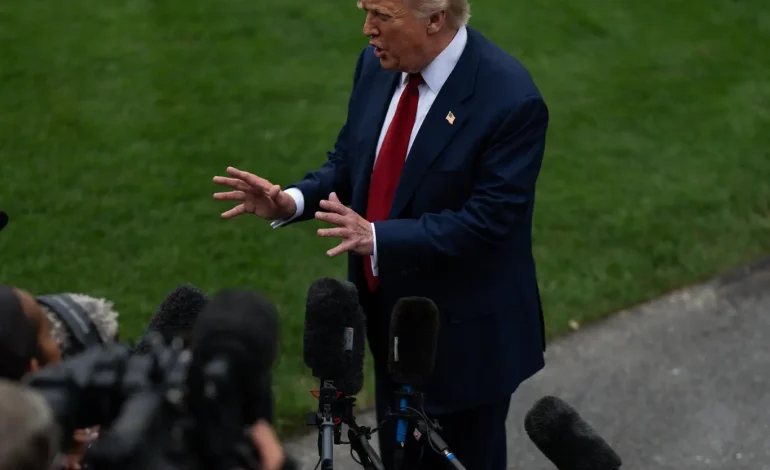




The latest news in your social feeds
Subscribe to our social media platforms to stay tuned